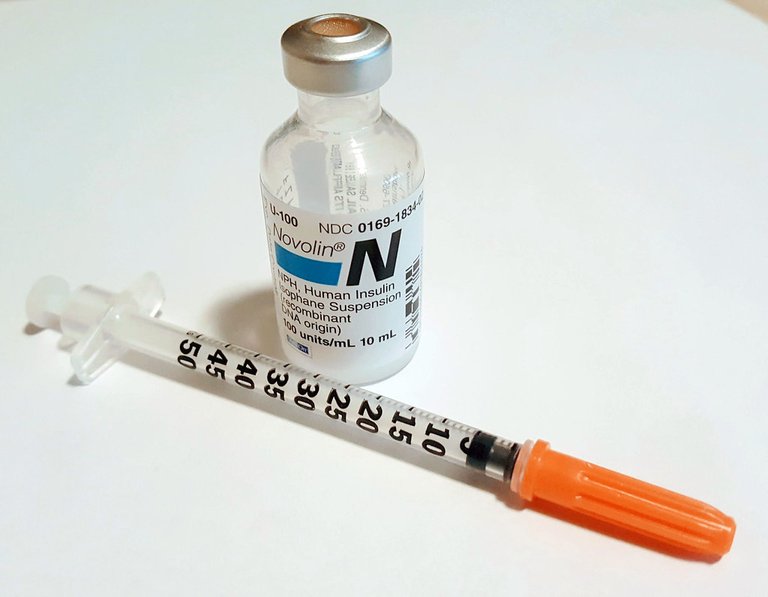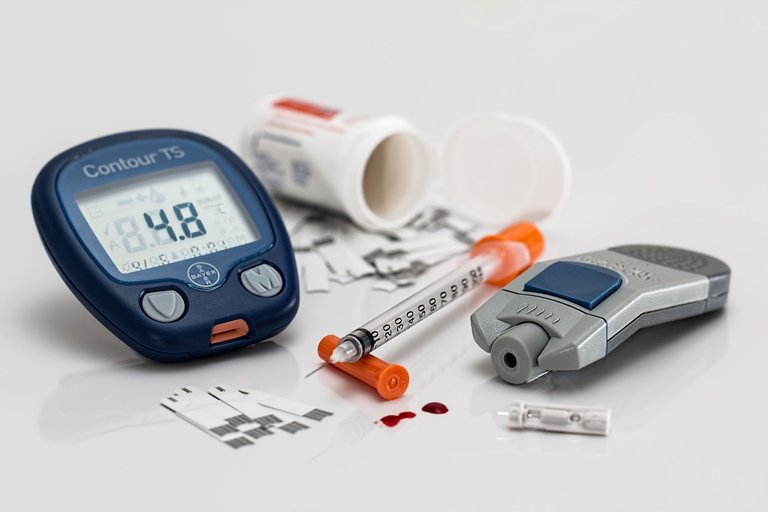The Crucial Role of Insulin Levels and its Effect on Our Health
Have you wondered why for almost everything in the hospital you get a blood work? You see, our health generally boils down to our metabolic health and so in other to keep our health in check, having blood work done regularly is important but then you ask what type of blood work do we do when we go to the hospital.
There are a lot of blood works to be done, but one that is very important but you might have not paid close attention to is insulin resistance or insulin sensitivity. It will be proper to say that the longer a person have insulin resistance, the closer the person is to developing negative health issues like high cholesterol, high blood pressure, type 2 diabetes, hearth disease, gout, stroke, fatty liver disease, and cases like dementia, and obesity related cancer.
If you are going to do any blood work, would it be wrong to say that determining the level of insulin resistance for anyone is paramount? I do not think it will be wrong to say so, and one way to check this level is by checking fasting insulin levels. While you might be quick to go to the hospital to start checking for insulin levels, I should make clear that people with type 1 diabetes do not have to check for insulin levels because their pancreas do not produce insulin, also people with advance type 2 diabetes (people who require the intake of insulin).
Some test like the Hemoglobin A1c test check and the fasting glucose level test can look similar to checking fasting insulin levels but this isn't always the same because by the time the biomarkers are elevated, the body already developed a lot of insulin resistance.
Insulin is a metabolic hormone made in the pancreas, and it is released into the blood where it travels to various tissues throughout the body where it binds to the protein of tissue. The cells of the tissues allows glucose into the cell after insulin binds to the protein receptors of those cells allowing the cell to store energy. This is good for the cell, but can become bad when there is a resistance as a result of the pancreas making too much insulin for a very long time causing the protein receptors that insulin binds to become down regulated or less functional thereby not allowing the tissues to absorb and utilize insulin.
The inability for the tissues not to absorb insulin means insulin will be free flowing in the blood leading to pre-diabetes. As it progresses, it can lead to other metabolic syndrome, as well as type-2 diabetes, stroke, and other health conditions I mentioned at the beginning. While advanced type 2 diabetes cannot be cured, type-2 diabetes that isn't advanced can be treated and reversed by changing diets, and using Glucagon-Like Peptide-1 (GLP-1) agonist drugs like Ozempic, and Mounjaro.
So, when people have elevated insulin levels, the goal is to reduce the level so there are no other health conditions coming as a result of having it. With this, having an insulin level lesser than 10 micro unit per milliliter is the appropriate level although the lower the better. Having insulin levels of 3 isn't a bad thing for someone like me since I workout a lot.
Insulin resistance would prevent weight loss because the insulin tells the fat cells to keep storing more energy, and it is very concerning when teenager suffer from insulin resistance. It is advisable to get the insulin level down at the point, and the best way to get it down is through diet, exercise, bariatric surgery, and the use of Glucagon-Like Peptide-1 (GLP-1) drugs. Doing one or a combination will help reduce the insulin levels. Not eating refined carbohydrate and added sugar in our food. Consuming less than 25 gram of added sugar is best for keeping insulin levels low, also eating fat would not increase insulin levels.
In the quest for better health, understanding and managing insulin levels stand as key pillars, unlocking the potential to ward off a cascade of health issues associated with insulin resistance. Taking proactive steps today can pave the way for a healthier and more vibrant tomorrow.
Reference
https://www.ncbi.nlm.nih.gov/pmc/articles/PMC3425015/
https://emedicine.medscape.com/article/2089224-overview
https://journals.physiology.org/doi/full/10.1152/ajpendo.00433.2020
https://www.frontiersin.org/articles/10.3389/fcdhc.2023.1172208/full
https://cardiab.biomedcentral.com/articles/10.1186/1475-2840-10-108
https://www.ncbi.nlm.nih.gov/books/NBK551568/
https://www.novomedlink.com/diabetes/products/treatments/ozempic/about/mechanism-of-action.html


Thanks for your contribution to the STEMsocial community. Feel free to join us on discord to get to know the rest of us!
Please consider delegating to the @stemsocial account (85% of the curation rewards are returned).
Thanks for including @stemsocial as a beneficiary, which gives you stronger support.